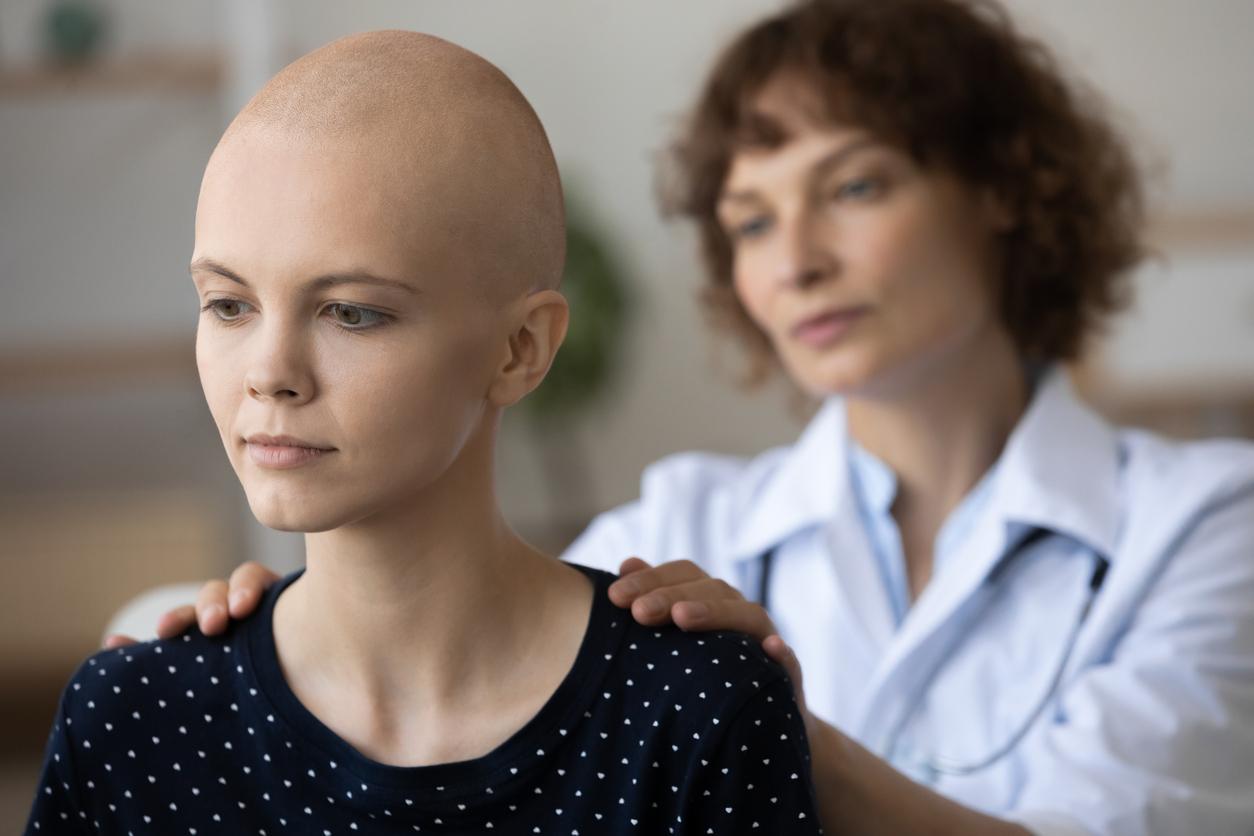When a person is diagnosed with colon cancer, their grandchildren, cousins, aunts and uncles are also at higher risk.

- Each year, approximately 44,000 new cases of colorectal cancer are diagnosed.
- Among those affected, nine out of ten are over 50 years old.
Genetics can impact the risk of developing cancer. Some are passed on hereditarily. This is the case of colon cancer: there is a genetic predisposition to this cancer. Until now, scientists considered that only the children, parents and siblings of a person who had this disease were at risk. According to a study by the University of Buffalo, published in Cancer Epidemiology, people in the second and third degree are also. These are uncles and aunts, grandparents, grandchildren, nephews and nieces, but also great-grandparents and cousins, who represent the third degree.
Higher risks for loved ones
To conduct this study, the authors gathered data on more than 1,500 cases of early colorectal cancer, that is to say before the age of 50, registered in Utah, in the United States. According to their results, first-degree relatives of a person diagnosed with early colorectal cancer are six times more likely to be diagnosed with colorectal cancer before the age of 50, compared to the rest of the population. For relatives in the second degree, the risk is three times higher and for those in the third degree, it is 1.56 times higher.
This work also demonstrated that individuals have a 2.6 times greater risk of colorectal cancer at any age if they have a first-degree relative with early-stage colon cancer. The risk is 1.96 and 1.3 times higher for second- and third-degree relatives, respectively. Also, the risk for all kindreds of early-onset colon cancer is higher than the risk for colon cancer at any age.
Wider screening?
“This work is important given the rising rates of early-onset colorectal cancer“, underlines the lead author of this study, Heather Ochs-Balcom, associate professor of epidemiology. Early screening by colonoscopy is often recommended for first-degree relatives of a person diagnosed with early colorectal cancer. According to these results, the authors of the study suggest that early detection could also be beneficial for second- and third-degree relatives.They add that it is important for these people to be able to discuss this subject with their doctor, discussion on colon cancer screening.

.

















